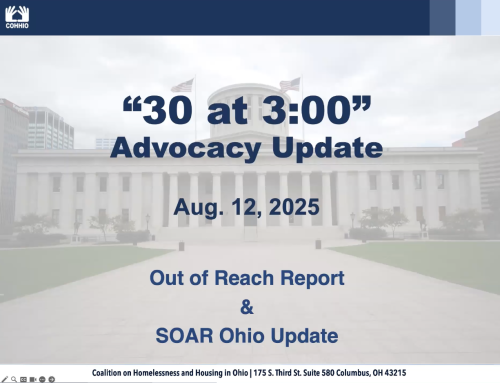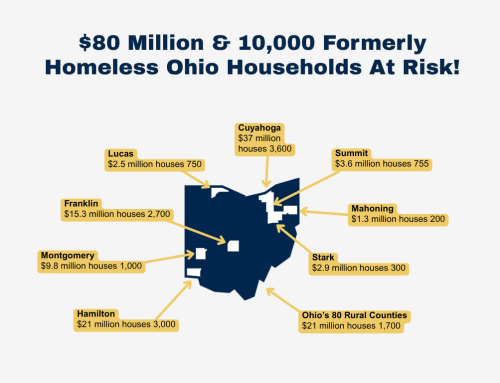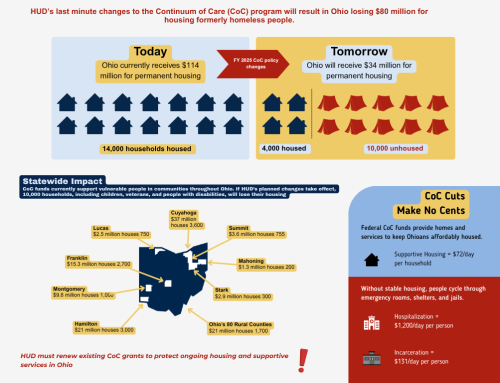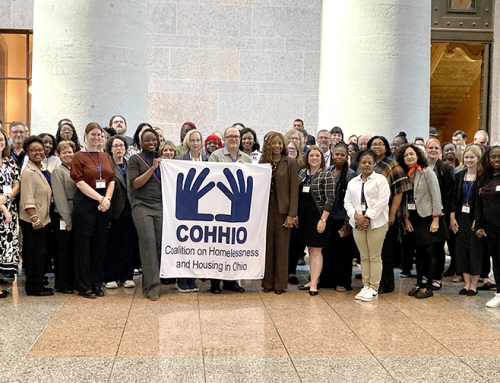Borrowers beware! The Consumer Financial Protection Bureau continues to undermine consumer protections that are the core of the agency’s mission and reason for existence. This time, the agency proposes to stop the implementation of the 2017 payday and car title lending rule.
In the wake of the mortgage loan crisis, when predatory lending drove the American economy to the brink, Congress created the CFPB to protect Americans from deceptive and abusive business practices of the financial services industry. The current administration, however, is rolling back regulatory advances in favor of unleashing a new generation of predatory innovation.
The CFPB’s payday lending rule required lenders to assess a borrower’s individual financial circumstances to ensure they can actually repay the loan without financial hardship. The “ability to repay provision” is a common-sense approach that is central to responsible lending practices and will keep many Ohioans from incurring debt they cannot afford.
While federal protections are being neutered, we are pleased to see a new payday lending state law recently took effect in Ohio. The state statute restricts the most excessive interest rates and fees for payday lending and eliminates a loophole that allowed predatory lenders to operate as “consumer service organizations.”
This is good news, but the CFPB rule is still necessary to truly protect consumers from these wily swindlers. The state law and the CFPB rule are complimentary measures; together they provide critical safeguards to shut down Ohio’s debt trap once and for all.
That’s why COHHIO joined NLIHC’s national letter alongside 429 civil rights, consumer, labor, faith, veterans, senior, business, and community organizations from 46 states plus the District of Columbia. Additionally, COHHIO and 18 Ohio consumer advocate partners submitted our own comments, highlighting the potential fallout from the CFPB’s failure to enforce the 2017 rule change. COHHIO and coalition partners asked that the CFPB restore to its true purpose and implement this rule without delay.








